When I first moved to Japan in college, every weekend meant a party and a new group of people to meet, with a standard set of questions I got asked. The logic behind “What’s your name?” was obvious, and “Where are you from?” also makes sense when you’re one of the few non-Japanese people in the room. “Do you like Japanese girls?” was another common one, based on the widely held, if not always true, theory that foreign guys like Japanese women, and vice-versa.
Those three always came first, but it wasn’t long until someone would want to know my blood type. No, my school wasn’t filled with vampires or hemophiliacs, nor hemophiliac vampires (the most tragic undead demographic). People just wanted to get a sneak peak at my personality, which is thought to be strongly connected to what runs through your veins by many people in Japan.
One man who’s not a believer, though, is Professor Kengo Nawata from Kyushu University’s Social Psychology Department, whose recently concluded research shows no correlation between personality and blood type.
Read More
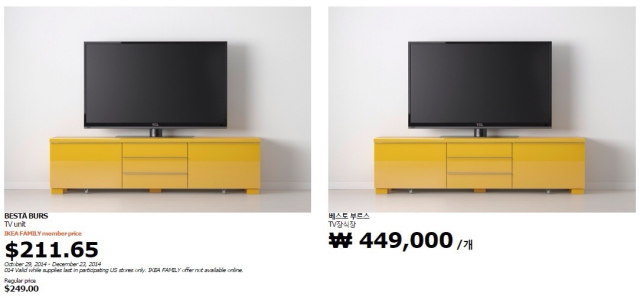

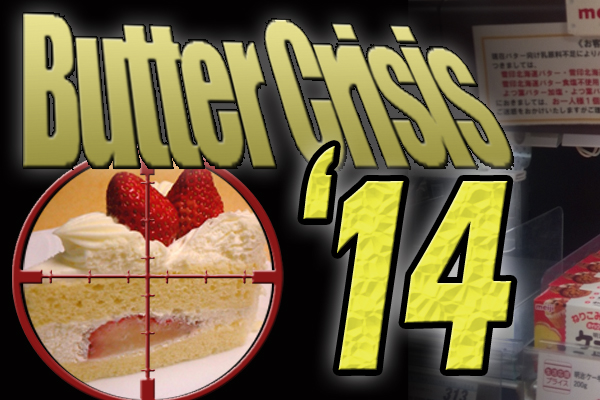

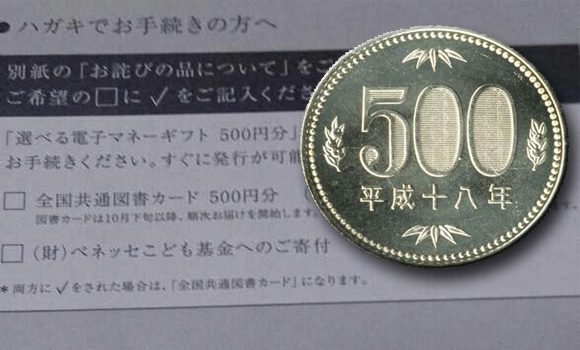
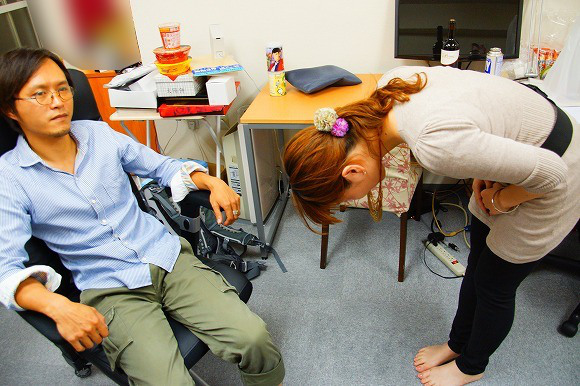
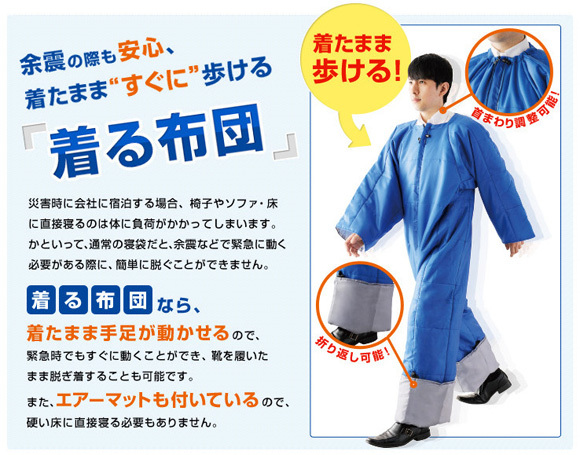
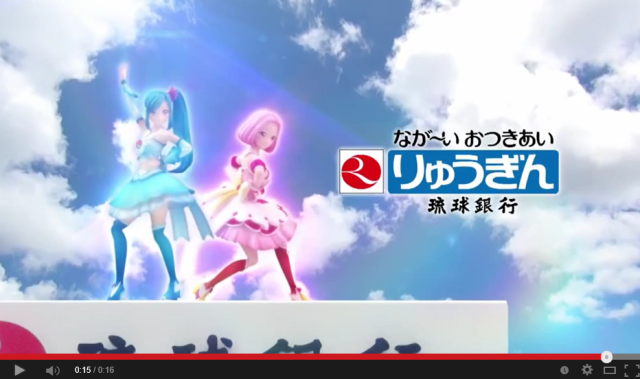
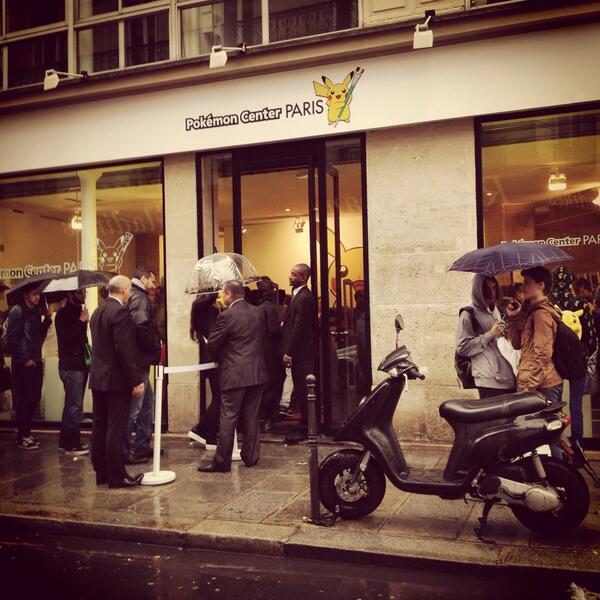
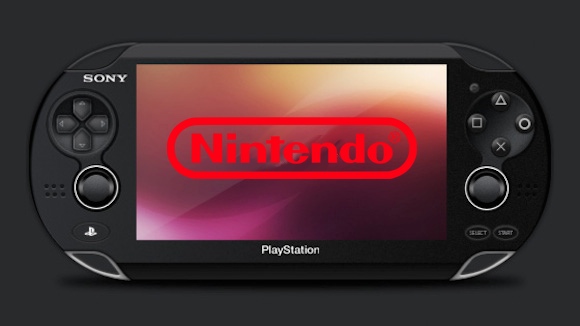

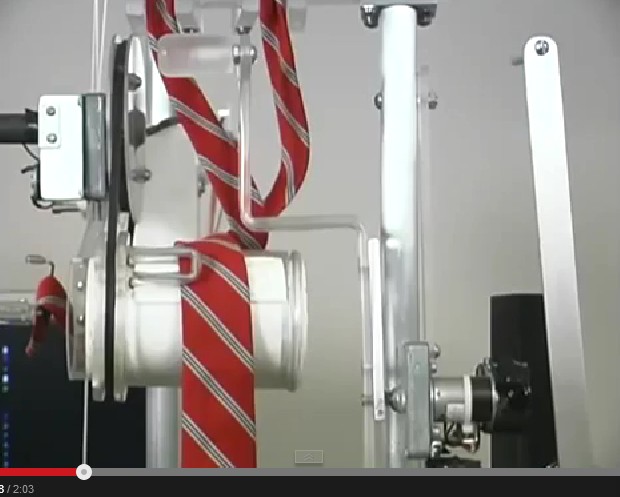
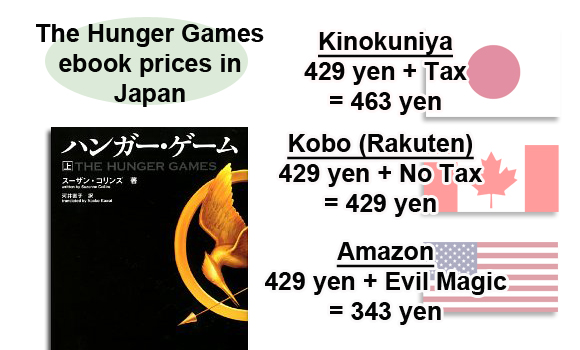


 Starbucks Japan unveils new sakura cherry blossom collection for hanami season 2026
Starbucks Japan unveils new sakura cherry blossom collection for hanami season 2026 Visiting Japan’s one-and-only, and only-for-a-limited-time, Dragon Ball noodle restaurant[Photos]
Visiting Japan’s one-and-only, and only-for-a-limited-time, Dragon Ball noodle restaurant[Photos] Is Tokyo Station’s startlingly expensive wagyu bento boxed lunch worth its high price?[Taste test]
Is Tokyo Station’s startlingly expensive wagyu bento boxed lunch worth its high price?[Taste test] Tokyo’s Hana Yori Dango cafe features cool 3-D art panels of anime hunks and special desserts
Tokyo’s Hana Yori Dango cafe features cool 3-D art panels of anime hunks and special desserts Japanese YouTuber talks candidly about sex education with fresh flair and funny anecdotes
Japanese YouTuber talks candidly about sex education with fresh flair and funny anecdotes Can our writers’ taste buds pick out the luxury kamaboko fish cake from these two?
Can our writers’ taste buds pick out the luxury kamaboko fish cake from these two? One Piece creator has hidden secret of anime treasure’s identity in chest at bottom of real-world ocean
One Piece creator has hidden secret of anime treasure’s identity in chest at bottom of real-world ocean Japan’s cherry blossom season predicted to start earlier than we’d thought, especially in Tokyo
Japan’s cherry blossom season predicted to start earlier than we’d thought, especially in Tokyo Japan’s new Melon Pan slices: Simply pop them on bread and heat and eat
Japan’s new Melon Pan slices: Simply pop them on bread and heat and eat Studio Ghibli director Hayao Miyazaki gets a happy ending to his broken eraser tale
Studio Ghibli director Hayao Miyazaki gets a happy ending to his broken eraser tale Starbucks Japan releases first-ever Hinamatsuri Girls’ Day Frappuccino
Starbucks Japan releases first-ever Hinamatsuri Girls’ Day Frappuccino Japanese restaurant chain serves Dragon Ball donuts and Senzu Beans this spring
Japanese restaurant chain serves Dragon Ball donuts and Senzu Beans this spring Japan Extreme Budget Travel! A trip from Tokyo to Izumo for just 30,000 yen [Part 2]
Japan Extreme Budget Travel! A trip from Tokyo to Izumo for just 30,000 yen [Part 2] Japan’s craziest burger chain takes menchi katsu to new extreme levels
Japan’s craziest burger chain takes menchi katsu to new extreme levels Sakura Festival in Chiyoda mixes illuminations, boats, music, and Rilakkuma in the heart of Tokyo
Sakura Festival in Chiyoda mixes illuminations, boats, music, and Rilakkuma in the heart of Tokyo Viral Japanese cheesecake from Osaka has a lesser known rival called Aunt Wanda
Viral Japanese cheesecake from Osaka has a lesser known rival called Aunt Wanda Japan’s newest Shinkansen has no seats…or passengers [Video]
Japan’s newest Shinkansen has no seats…or passengers [Video] Starbucks Japan releases new sakura goods and drinkware for cherry blossom season 2026
Starbucks Japan releases new sakura goods and drinkware for cherry blossom season 2026 Foreigners accounting for over 80 percent of off-course skiers needing rescue in Japan’s Hokkaido
Foreigners accounting for over 80 percent of off-course skiers needing rescue in Japan’s Hokkaido Super-salty pizza sends six kids to the hospital in Japan, linguistics blamed
Super-salty pizza sends six kids to the hospital in Japan, linguistics blamed Starbucks Japan unveils new sakura Frappuccino for cherry blossom season 2026
Starbucks Japan unveils new sakura Frappuccino for cherry blossom season 2026 Foreign tourists in Japan will get free Shinkansen tickets to promote regional tourism
Foreign tourists in Japan will get free Shinkansen tickets to promote regional tourism The 10 most annoying things foreign tourists do on Japanese trains, according to locals
The 10 most annoying things foreign tourists do on Japanese trains, according to locals Take a trip to Japan’s Dododo Land, the most irritating place on Earth
Take a trip to Japan’s Dododo Land, the most irritating place on Earth Naruto and Converse team up for new line of shinobi sneakers[Photos]
Naruto and Converse team up for new line of shinobi sneakers[Photos] Survey asks foreign tourists what bothered them in Japan, more than half gave same answer
Survey asks foreign tourists what bothered them in Japan, more than half gave same answer Japan’s human washing machines will go on sale to general public, demos to be held in Tokyo
Japan’s human washing machines will go on sale to general public, demos to be held in Tokyo Starbucks Japan releases new drinkware and goods for Valentine’s Day
Starbucks Japan releases new drinkware and goods for Valentine’s Day We deeply regret going into this tunnel on our walk in the mountains of Japan
We deeply regret going into this tunnel on our walk in the mountains of Japan Studio Ghibli releases Kodama forest spirits from Princess Mononoke to light up your home
Studio Ghibli releases Kodama forest spirits from Princess Mononoke to light up your home Major Japanese hotel chain says reservations via overseas booking sites may not be valid
Major Japanese hotel chain says reservations via overseas booking sites may not be valid Put sesame oil in your coffee? Japanese maker says it’s the best way to start your day【Taste test】
Put sesame oil in your coffee? Japanese maker says it’s the best way to start your day【Taste test】 No more using real katana for tourism activities, Japan’s National Police Agency says
No more using real katana for tourism activities, Japan’s National Police Agency says Can our writers’ taste buds pick out the luxury kamaboko fish cake from these two?
Can our writers’ taste buds pick out the luxury kamaboko fish cake from these two? One Piece creator has hidden secret of anime treasure’s identity in chest at bottom of real-world ocean
One Piece creator has hidden secret of anime treasure’s identity in chest at bottom of real-world ocean Japan’s cherry blossom season predicted to start earlier than we’d thought, especially in Tokyo
Japan’s cherry blossom season predicted to start earlier than we’d thought, especially in Tokyo Japan’s new Melon Pan slices: Simply pop them on bread and heat and eat
Japan’s new Melon Pan slices: Simply pop them on bread and heat and eat Studio Ghibli director Hayao Miyazaki gets a happy ending to his broken eraser tale
Studio Ghibli director Hayao Miyazaki gets a happy ending to his broken eraser tale Netflix announces new My Melody/Kuromi Sanrio stop-motion series【Video】
Netflix announces new My Melody/Kuromi Sanrio stop-motion series【Video】 New Studio Ghibli exhibition brings anime movie magic to cities around Japan
New Studio Ghibli exhibition brings anime movie magic to cities around Japan How to speak Japanese like a gyaru【2024 edition】
How to speak Japanese like a gyaru【2024 edition】 Over four billion yen in lost cash was found in Tokyo last year, setting new record
Over four billion yen in lost cash was found in Tokyo last year, setting new record 7-Eleven Japan now sells bagels…cooked in bamboo steamers
7-Eleven Japan now sells bagels…cooked in bamboo steamers The mystery of the phantom “sake pass card” at Japanese alcohol vending machines
The mystery of the phantom “sake pass card” at Japanese alcohol vending machines McDonald’s changes its packaging in Japan for the first time in six years
McDonald’s changes its packaging in Japan for the first time in six years